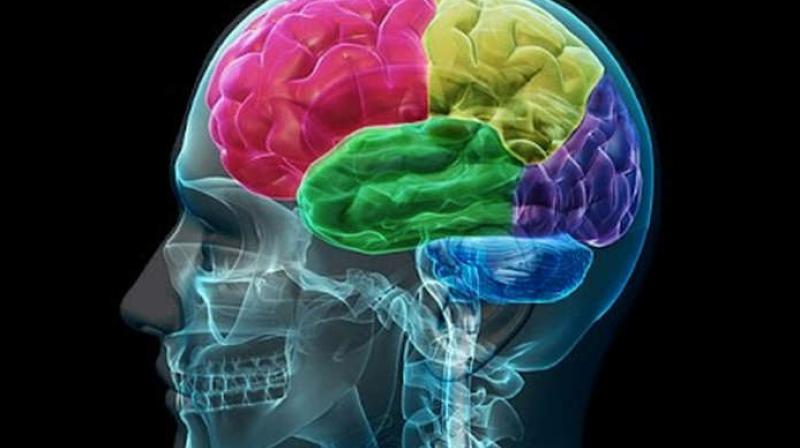Epilepsy treatment simpler with advanced technology: experts

Kochi, India: With advancement in healthcare, epilepsy is eminently treatable now. Nearly 70% of patients who are initiated to the advanced treatment, as a result of latest technology, become free of seizures or epileptic fits within 1 to 2 years and in about half of them, the drugs can be tapered off in due course.
Neurosurgeons from across the world deliberated the latest technological advancement in treating persons with epilepsy. From mapping brain deficiencies to localising the deficiencies and surgically correcting it without affecting the complex areas around, neurosurgery has come of age, with advanced mapping devices, technological assistants to carry out surgery with optimum precision.
Advanced functional Magnetic Resonating Imaging, PET scan or positron emission tomography scan, QEEG or quantitative electroencephalograph to identify areas of over or under-activity of brain, Extra-operative Intracranial EEG(ICEEG) to monitor progress of treatment, Stereo-EEG to monitor the electric activity on the surface and deep inside the brain are some of the new-age machines that help make treatment of epilepsy more advanced with optimum results at reduced cost.
International experts - Dr. Dileep Nair, Head of Adult Epilepsy and Dr. Imad Najm, Director Epilepsy Centre from the Cleveland Clinic, USA, Dr. Richard Wennberg, Director, Clinical Neurophysiology and national experts like Dr. K. Radhakrishnan former Director of the Sree Chitra Tirunal Institute for Medical Sciences and Technology and present Director of Amrita Advanced Centre for Epilepsy, Dr. Malla Bhaskar Rao of NIMHANS spoke on the efficacy of various treatment protocols for epilepsy.
India has one-sixth of the global burden of epilepsy, with 12 out of every 1000 people affected and an annual increase of six per every ten thousand Indians. Of the 70 million persons with epilepsy worldwide, nearly 12 million are estimated to be in India.
Ironically, almost 90% of people with epilepsy in India do not receive any treatment. Lack of knowledge of anti- epileptic drugs, poverty, cultural beliefs, stigma, poor health infrastructure and shortage of trained professionals contribute to the treatment gap. There are not more than 20 centers in the country that are capable of treating drug resistant epilepsies.
The international and national experts will also perform advanced techniques hands on at the Amrita Advanced Centre for Epilepsy, which is one of the advanced centers in the country for treatment of this neurological disorder.

